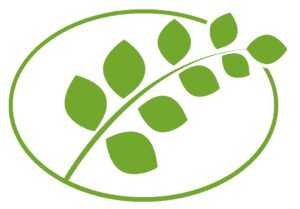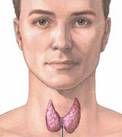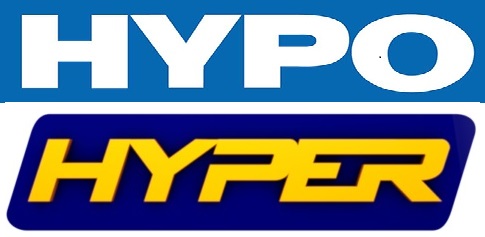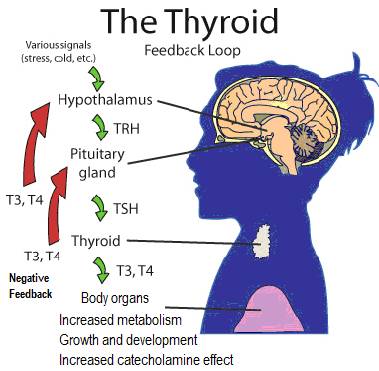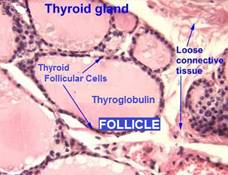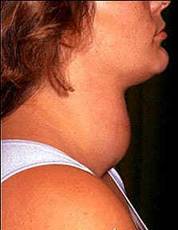Synthetic thyroid replacement hormones are not your best choice!

Types of thyroid replacement hormones
Synthetic thyroid hormone (levothyroxine sodium) – a synthetic form of thyroxine (t4) normally secreted by the thyroid gland’s follicular cells.- Used to treat hypothyroidism and also goiter (via its ability to lower Thyroid Stimulating Hormone (TSH))
- Ineffective form of thyroid hormone because it contains only T4 – A patient with liver problems cannot convert it to the active form, T3. This is especially prevalent in estrogen-dominant women. The worst effect of Synthroid is its suppression of pituitary TSH, which in turn, suppresses T3 from the thyroid.
- Brand names – include Levothroid, Synthroid, Levoxyl, , Unithroid, Eltroxin, Levaxin, Norton, Eutrosig, Oroxine, Tirosint
- NDT hormones are dessicated (dried) porcine thyroid gland powder combined with tablet fillers – and contain all 4 human thyroid hormones T4, T3, T2, T1 and CALCITONIN (a hormone secreted by the thyroid gland, needed to build or rebuild bone mass). Connective tissue and fat are removed before processing, but in addition to hormones, the result still contains ~98% other thyroid components.
- NDT hormones meet stringent guidelines of the US Pharmacopoeia
- Brand names – include Armour (by Forest Lab), Naturethroid and Westhroid(by RLC Labs), Thyroid (by Erfa), and newly available generic NP Thyroid (by Acella Pharmaceuticals)
Long-term use of these drugs is associated with depletion of thyroid and tissue iodine levels
Supplementing TH’s may tend to make the thyroid lazy- Thyroid hormone inhibits the body’s ability to uptake iodine – Synthroid (or other thyroid-destructive therapies) should never be taken without iodine supplementation;
- Warning: Thyroid hormone supplementation significantly increases risk of breast cancer – A woman with hypothyroidism has a 6% risk of developing breast cancer. Once she starts taking thyroid hormone, it doubles her risk. If she has had no children or if she’s been on thyroid hormone replacement for 15 years, the risk more than triples to a 19.6% chance of developing breast cancer.
Abraham GE et al, Orthoiodosupplementation: Iodine sufficiency of the whole human body. 2002;Ghandrakant C et al, Breast Cancer. Relationship to Thyroid Supplements for Hypothyroidism, JAMA 1976
Suppplement iodine in preference to thyroid hormone supplementation
Guidance for Getting Off Thyroid Hormones (advice given by endocrinologist Dr. Jorge Flechas, MD):- Start iodine supplementation
- If there are symptoms of HYPERthyroidism – you can reduce the thyroid hormones in half. However, do not reduce the thyroid hormones UNTIL symptoms of hyperthyroidism occur.They may occur 3 – 4 weeks after starting iodine supplementation, 3 – 4 months later, a year later, or not at all.
Symptoms of HYPERthyroidism |
|
| Typical Symptoms Include: | |
| Weight loss -despite increased appetite | Nervousness, Anxiety, irritability |
| Heat intolerance | Tremors in hands/fingers |
| Muscle weakness/aches | Fatigue |
| Excessive production/excretion of urine (Polyuria) / Excessive thirst | Hyperactivity |
| Apathy | Hypoglycemia |
| Non-pitting edema over the shin (Pretibial myxedema) | Sweating |
| Can also include: | |
| Palpitations/ increased heart rate / arrhythmia | Memory loss |
| Diarrhea | Insomnia |
| Loss of libido | Pain in thyroid gland (at front of neck) |
| Shortness of breath (dyspnea) | Light/absent menses |
| Nausea/Vomiting | |

